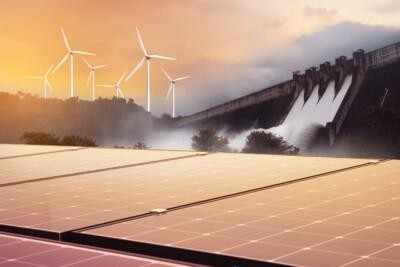
The 2IMATCH consortium explores the potential of green electrification in creating a more resilient energy system in a world disrupted by man-made disasters and global confrontation. Green electrification refers to the transition to a climate-neutral system that is primarily powered by renewable sources, with electricity as the main energy carrier.
The transition presents both resilience benefits and new vulnerabilities. The main challenge is matching the infrastructure development with institutional adaptation, which is necessary to reap the benefits while restraining the vulnerabilities. An optimal match between infrastructure development and institutional adaptation can enhance resilience while controlling costs, fostering energy justice, and preventing excessive securitization of critical infrastructure development.
The consortium focuses on Finland, which is an active player in the renewable energy sector, as a case study for global energy transition. It aims to analyze Finland’s choices related to infrastructure and institutions in the context of northern European electricity and fuels trade, EU regulations and policies, and evolving energy geopolitics.
The scientific contributions include proposing solutions to dilemmas between resilience and justice in infrastructure development, analyzing the impact of regulations and policies on energy geopolitics, optimizing infrastructure solutions, and introducing a conceptual framework for resilience studies. The consortium also aims to provide comparative knowledge on energy choices in various countries, including Estonia, Norway, Germany, Israel, USA and Japan. China’s role in the transition is also examined.
The consortium is funded by the JUST ENERGY programme of the Strategic Research Council at the Research Council of Finland. The FIIA contribution to the project is led by Leading Researcher Marco Siddi. The project started in October 2023.






